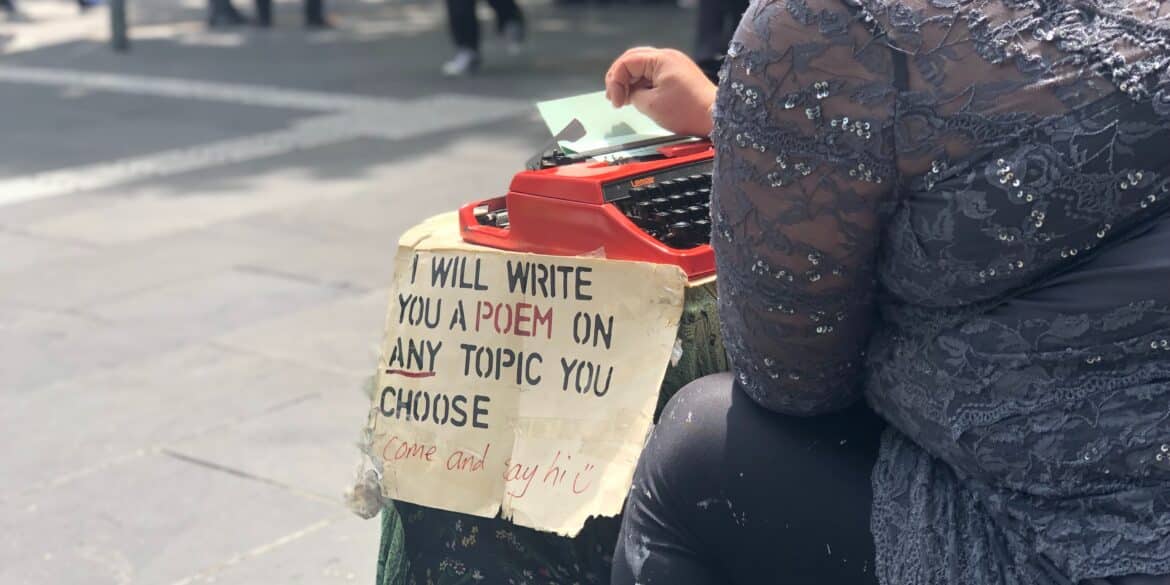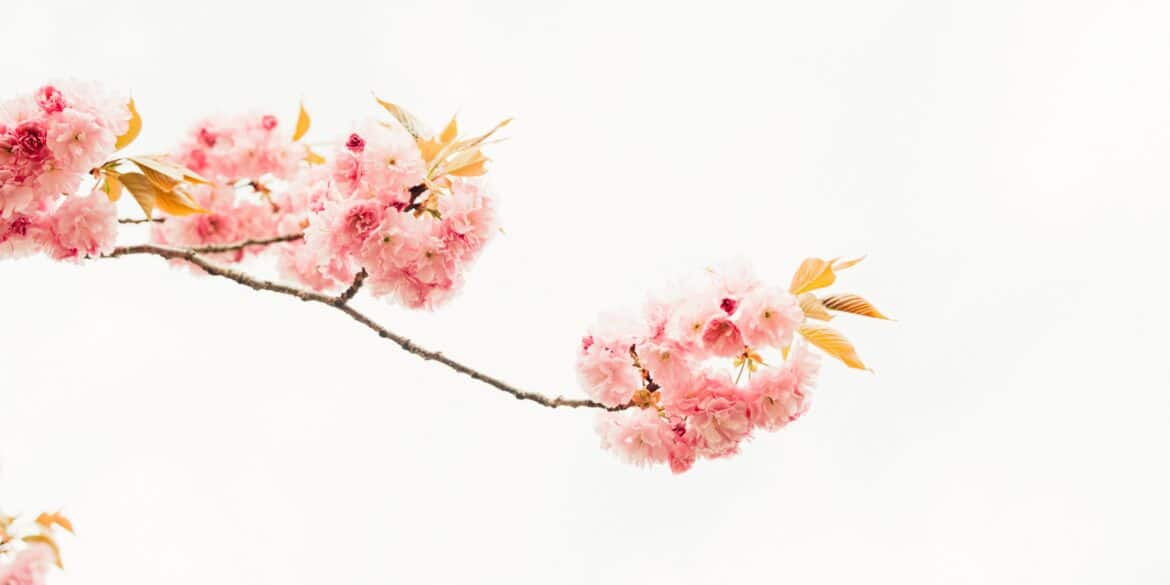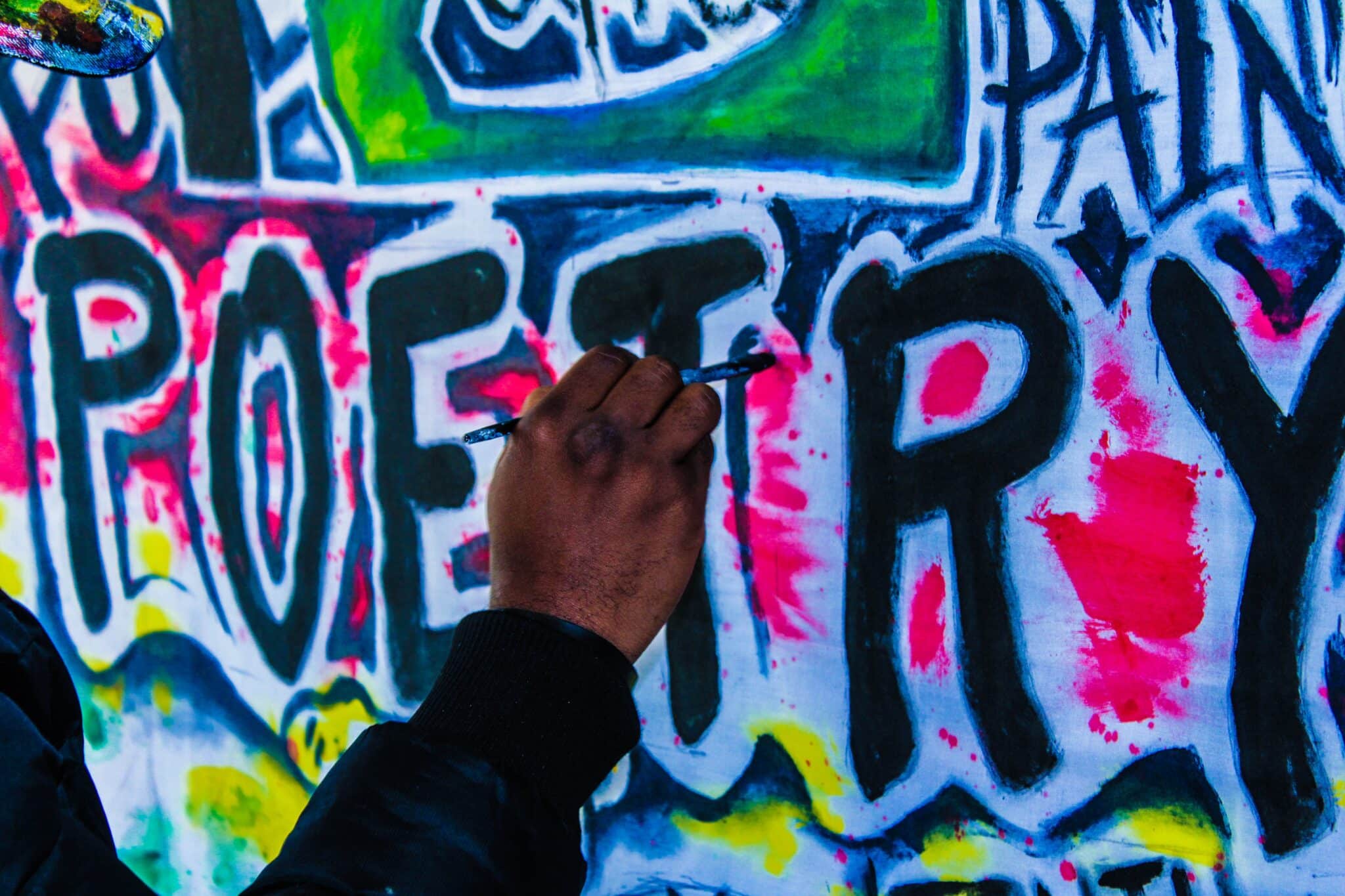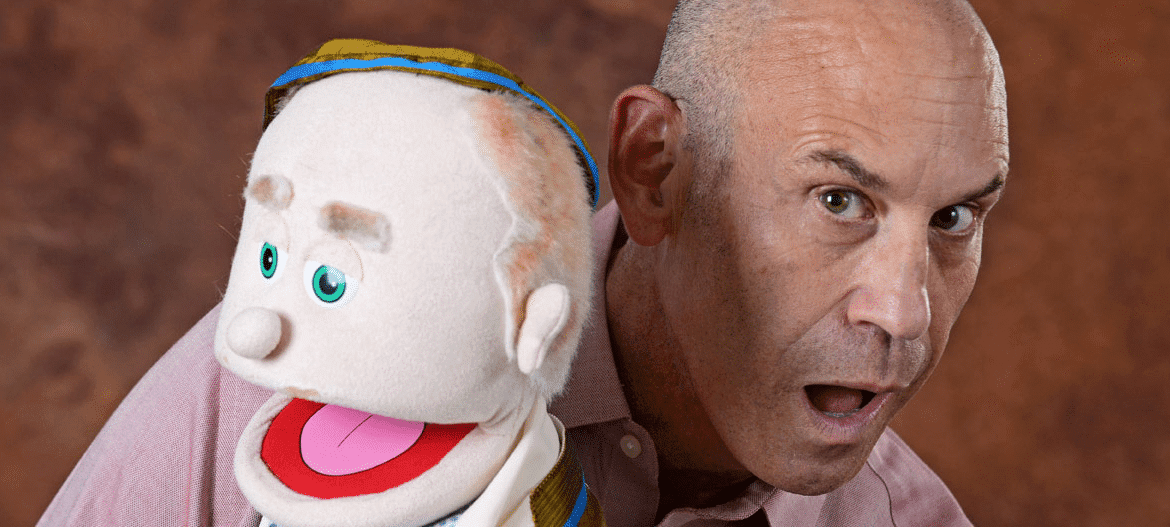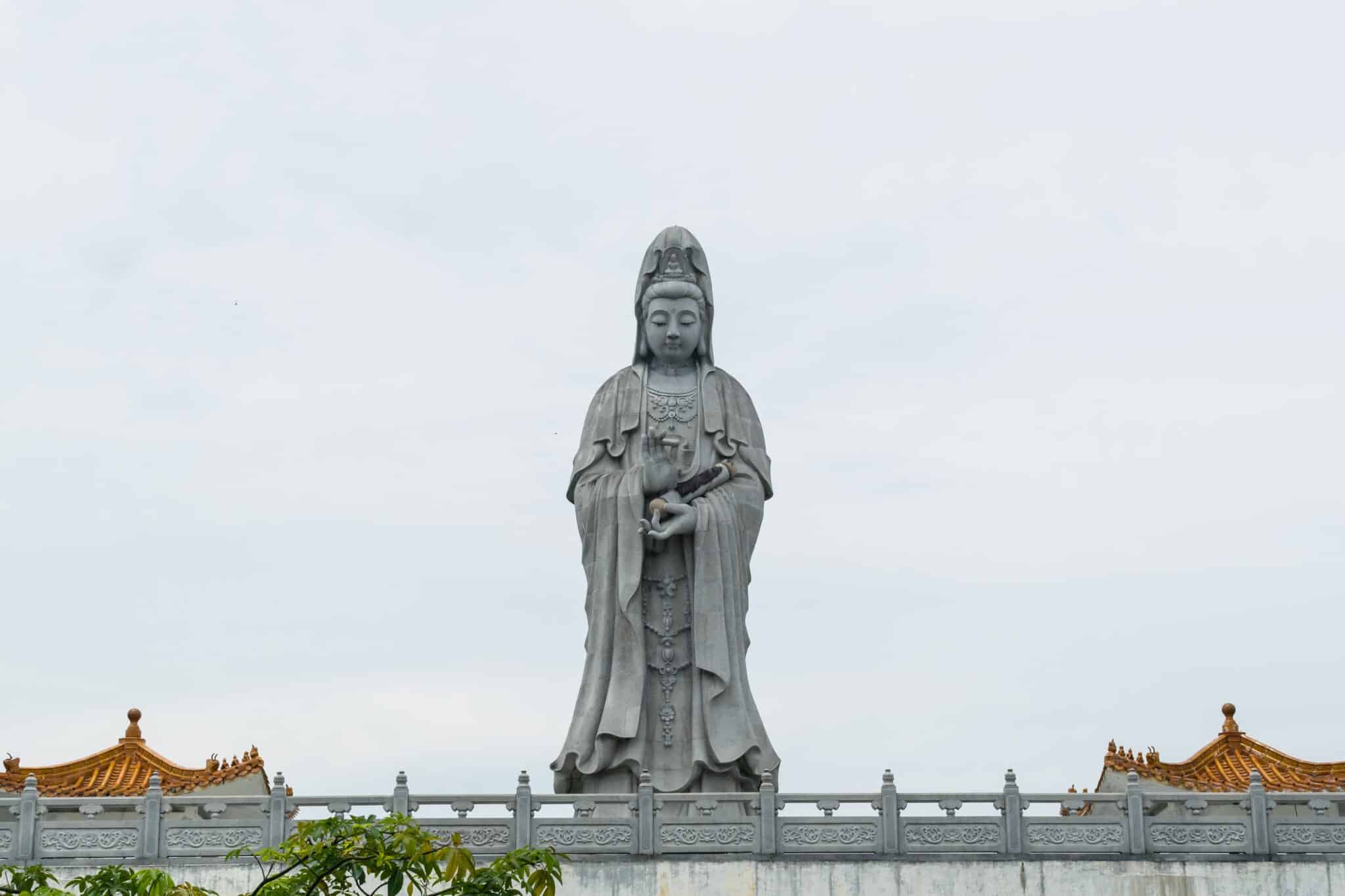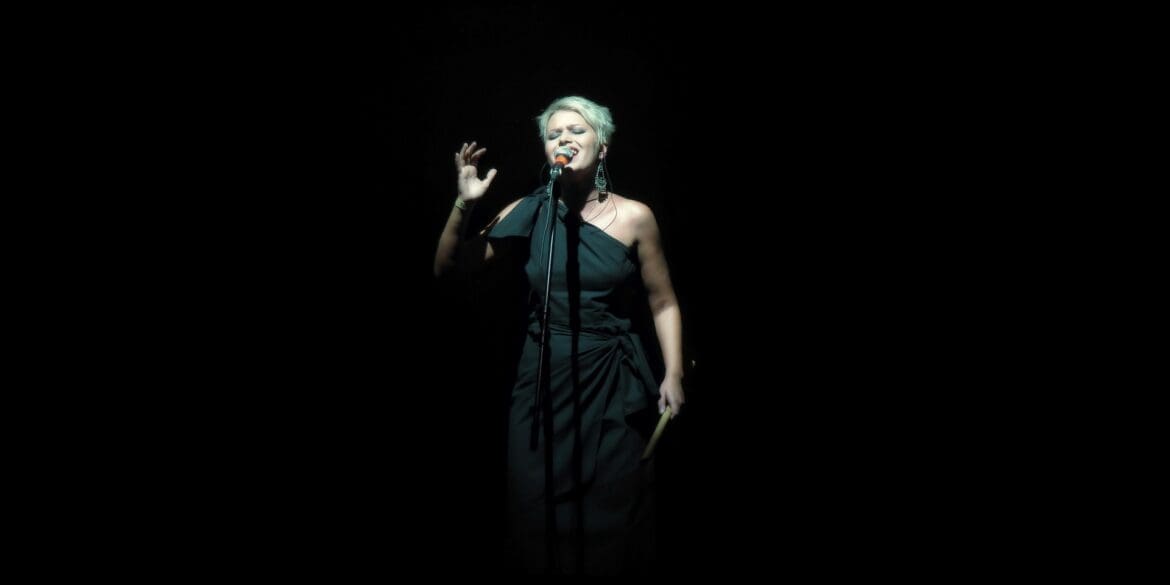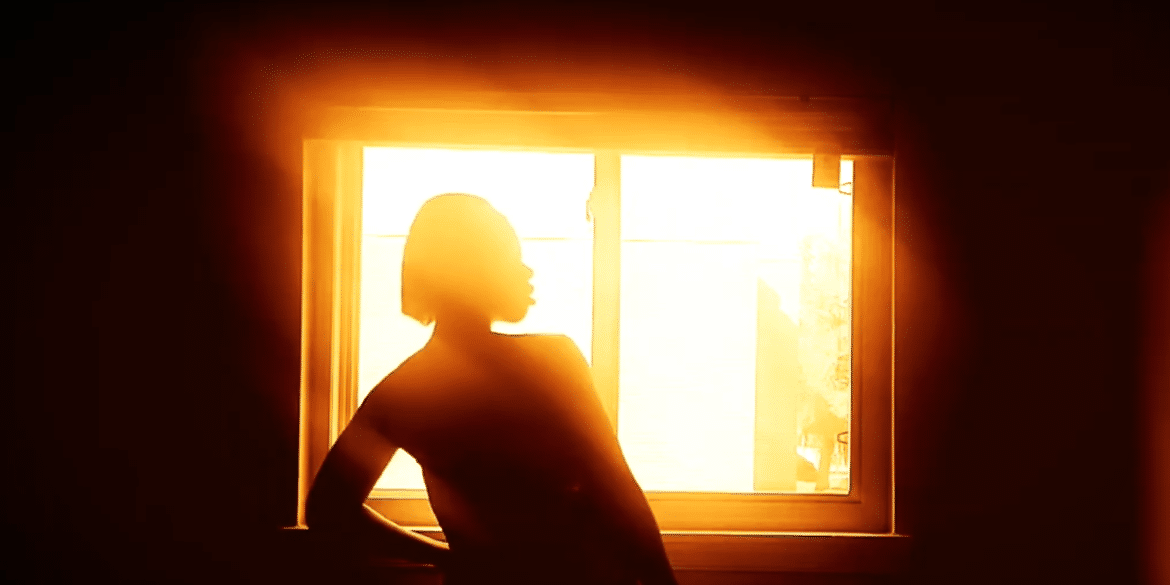We invite you to participate in National Poetry month with us by reading and writing over at The AutoEthnographer's new Facebook group.
The Ultimate Wave: Prose Poetry of the Pandemic and Parents Author’s Memo “The Wave” examines the problem of pleasure and...
Zona. I have always thought that names of diseases sound so beautiful. This is the story of a disease that lives with me.
Ulla-Maija Matikainen·
All ContentAutoethnographic EssaysAutoethnographic PoetryEducationFrom the EditorsMoreVolume 3, Issue 2 (2023)
··4 min read A tsunami of words, images, learned and pushed feelings and thoughts go through us every day. Poetry is a way to find our own voice.
This particular piece, "What is Human, Remains" looks back at my first year as a teacher, and the unexpected activism in my students.
Lina Fe Simoy·
All ContentAutoethnographic EssaysAutoethnographic PoetryFrom the EditorsMoreVolume 3, Issue 2 (2023)
··5 min readThere are multiple approaches to find one's poetic voice depending on the lens one chooses as a part of the author’s creative process.
Editor Guillermo Gil's latest book review examines Chin who highlights her relationship to things, and/or her obsessing over wanting and buying things, and many more.
This is a song for the Passover prophet as a critique on his inability during the Covid-19 pandemic to appear and provide solace and safety.
This lighthearted essay illustrates an experience I had in Singapore while doing research for a book I was writing about spirituality.
Through all of the things that separate us, there is one universal experience that transcends all barriers: love.
I offer the following five poems to you. I hope that when you read/hear them you see a way into your own stories and ideas of poetic voice.
Shanita Mitchell and Marlen Harrison·
All ContentAutoethnographic Art & MultimediaMorePodcastsReflections on MethodVolume 3, Issue 2 (2023)
··18 min readToday we're talking with the award-winning author, researcher, and performer, Shanita Mitchell about performance and autoethnography.


